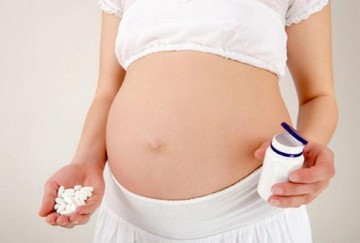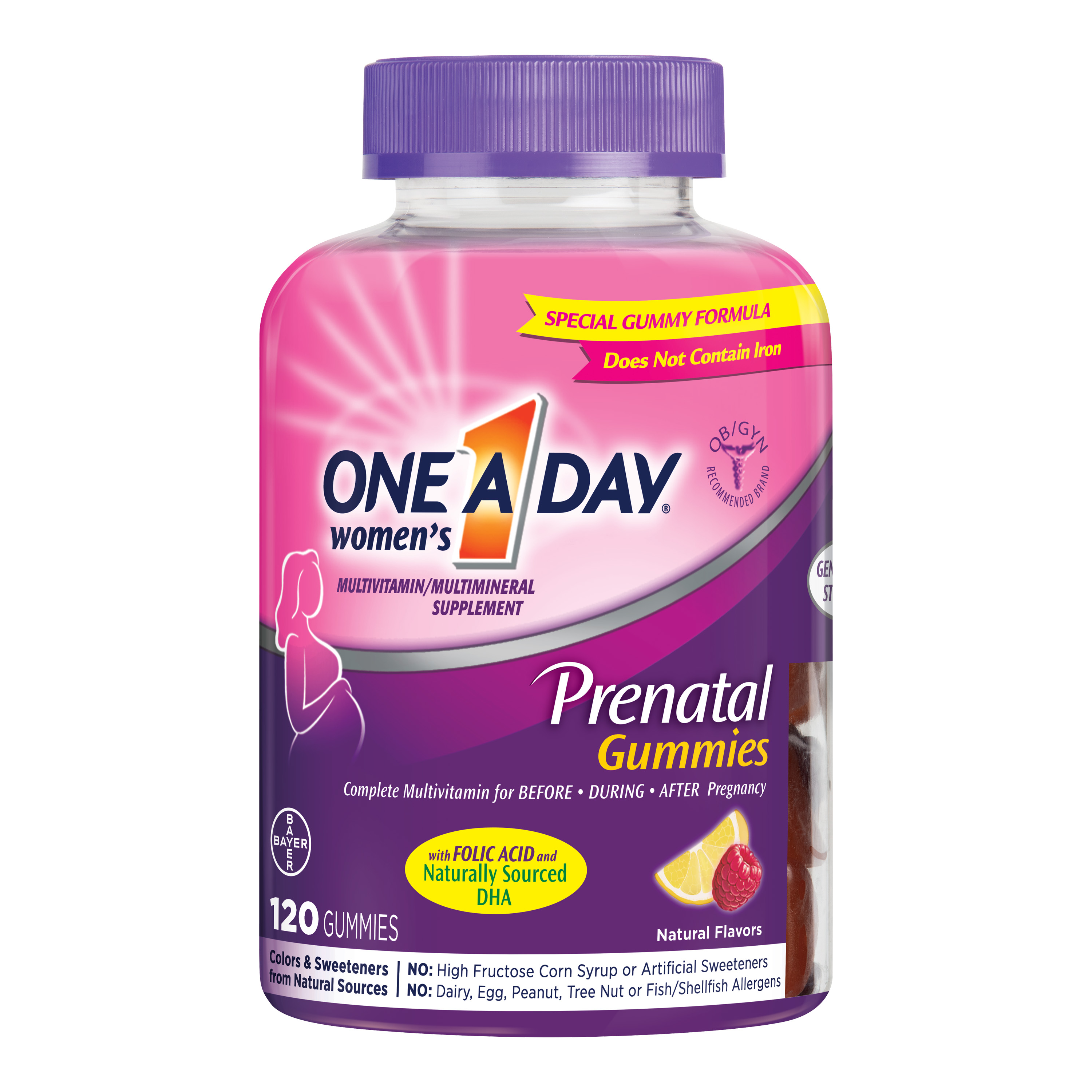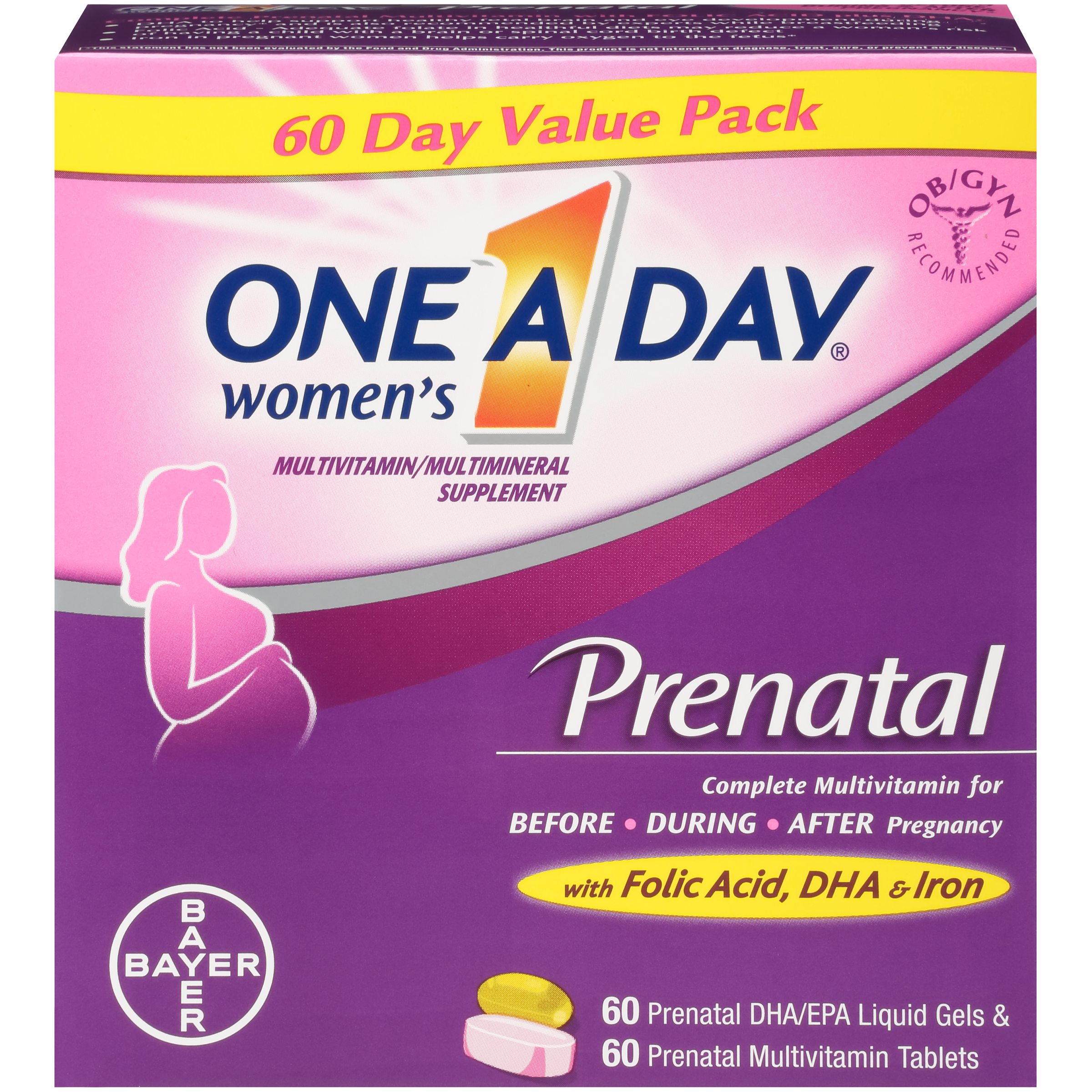Pregnancy And Vitamins

Contents:
Vitamins to Take During Pregnancy
Vitamins and minerals are necessary not only for pregnant women, but also for every person who wants to be healthy. In our case, we are speaking not about one person, but about 2 people one of whom is living in a belly for now.
It is widely known that healthy foods contain all necessary vitamins and minerals. So why should we turn ourselves in people who are only able to function with the help of various pills? Is it even worth doing so? There is no precise answer on this question.
Balanced nutrition really has all the necessary vitamins for pregnant women and for healthy people. However, in case of pregnant women necessity in some of these vitamins increases. Therefore, it becomes rather difficult to get the necessary amount of these vitamins from foods. Keep in mind that your taste in foods changes radically during the first weeks of pregnancy. Consequently, a healthy way of may not always taste delicious. Sometimes nausea and even vomiting occur. This makes getting a required daily dose of calories and vitamins even more difficult.
The most necessary elements during the course of pregnancy are iron and folic acid. Speaking about the majority of regions in Russia, we may also say that iodine can also be added to the list. There is a need for everyone to take these vitamins in the form of pills. As for the rest vitamins, you can get the necessary amounts of them from foods. The main condition here is that your way of eating should be balanced, all necessary elements should be included. Finally, it should be various. Ideally, you need to consult a nutritionist to get your own daily balanced diet.
Still, only a very healthy future mother whose course of pregnancy is going perfectly smoothly can make do without multivitamins. There is a number of specific cases. For example, multiple pregnancy, lactose intolerance, etc. If you want to know about vitamins that are required in these specific cases, see the end of the article.
The Most Necessary Ones

These components should be taken by every pregnant woman additionally to her basic diet.
Folic Acid
There are lots of books on the exceptional necessity of folic acid for the development of fetus. This vitamin takes part in the synthesis of DNA and division of cells. It is of prime importance for the development of the fetus’ nerve system (nerve tube). If a future mother had a great lack of folic acid in the beginning of pregnancy, this would very often lead to the baby’s failure of development.
Since the base of the nerve system starts forming very early, during the period from 15 to 28 days after the conceiving has happened, ideally, you need to start taking folic acid even before you get pregnant. A required daily dosage for pregnant women is 400-600 mcg. Foods, even if you have a really balanced diet, do not contain such amount of folic acid. Drugs: “Mamifol”, “9 months. Folic acid”, “Folic acid” in the form of pills (in this drug the dosage of folic acid is higher than required).
It is necessary to remember that green tee decreases the assimilability of folic acid. Therefore you should avoid mixing them. A well-know “Biseptol” is an enemy of folic acid. Consequently, it is forbidden to take it during the course of pregnancy.
Iron
Is a very important component of hemoglobin which the blood cells include. During the course of pregnancy, the amount of blood of a future mothers increases approximately on 1 liter. This way the placenta and the baby are provided with all the necessary elements. In order to produce this amount of blood iron is required.
If the diet is really a balanced one, then out of 2500 kcal per day there will be 15 mg of iron getting into your organism. However, this mineral has its own specific feature. Not more than 10 % out of the taken dosage is assimilated. That’s why not less than 30 mg of iron per day should get into the organism of a future mother (the required dosage for pregnant women is 3mg per day). This, of course, includes the amount of iron in foods.
It is important to know about the way iron influences on the assimilability of other vitamins. Since vitamin C improves the assimilability of iron, in the majority of drugs it is included as well as iron. However, zinc and copper are fighting with iron when it comes to the process of absorption in intestines. That’s why you shouldn’t take them together. Besides, taking too much iron may lead to a lack of zinc in the organism. Many stomach drugs bind the iron and prevent it from being assimilated. For example, these are such drugs as “Motilium”, “Omeprasol”, “Ranitidin”, “Almagel” and other drugs used in case of an epigastric burning. If you need to take them, you should start doing it later.
As a preventive measure, it’s enough to take 30 mg of iron per day in case of pregnancy. If we additionally count the amount that is contained in foods, the overall amount will be more than enough. Big dosage is prescribed only in case of anemia and only after you have made necessary blood tests and consulted your doctor.
In case of healthy mothers, big doses of iron may be harmful. Firstly, it may lead to nausea and constipation. This will be then followed by a lack of zinc about that we’ve already said earlier. A lack of zinc may cause a delay in the fetal development, provoke a miscarriage or premature birth. That’s why you shouldn’t take more than you are prescribed or increase this dosage. Drugs: “Maltofer syrop”, “Ferrum Lek”, “Fenyuls”.
Iodine
Iodine is a necessary microelement for a right functioning of a future mother’s thyroid gland. After the 18th week, it also contributes to the right functioning of a fetal thyroid gland. Hormones produces by the thyroid gland (they include iodine) are responsible for the process of metabolism and a baby’s growth. During the course of pregnancy, a necessity in iodine increases. So, if people in your area (this is actually typical for the whole area of Russia) tend to suffer from a lack of iodine, you need to necessarily take it. A daily dose of iodine for pregnant women is 200 mcg. Drugs: “Iodomarin 200”, “Iodobalance 200”, “Vitrum Iodine”.
A lack of iodine during the course of pregnancy may lead to a delay of fetal development, miscarriage or infantile hypothyroidism of the baby. As for a mother, a thyroid gland may be harmed (a goiter starts developing). Those who have illnesses connected with the thyroid gland need to be careful when taking iodine. They need to consult an endocrinologist.
Calcium
Both a mother and her baby need calcium. It is a building material for bones and teeth. It also takes part in in the processes of blood clotting and muscle contractions. A big lack of calcium may slow down the development of the fetal bone system.
By the beginning of the 3rd trimester, a lack of calcium becomes a more burning issue. This is the time when the bone system of a baby is actively developing. A lack of calcium involves a risk of an increased blood pressure of a mother, the depletion of her own bone tissue (especially in case of mothers who are under 25 years old).
A well-balanced diet provides a necessary amount of calcium. Therefore, there is no need to take anything additionally. The main source of calcium for pregnant women is any kinds of dairy products, also lettuce, leaves of cabbage and radish.
If, for some reasons, you do not manage to eat the way you should eat, you need to get calcium by taking drugs. A daily dosage in this case is 250 mcg. Vitamin D improves the assimilability of calcium. Therefore, many drug producing companies produce pills that include it.
How to Choose Multivitamins?

All multivitamins contain a various set of elements and different doses of them. Most often, the dosage is not too low, but too high. Before you buy multivitamins, you need to check what kind of elements and how much is included.
Here is a list of components that should be included into a usual multivitamin sets for pregnant women:
- Folic acid – 400 mcg;
- Iron – 30 mg;
- Zinc – 15 mg;
- Calcium – 250 mg;
- Vitamin B6 (pyridoxine) – 2 mg;
- Vitamin B12 – 2,6 mcg;
- Vitamin C – 50 mg;
- Vitamin D – 5 mcg (200 IU);
- Vitamin A – 750 mcg (2500 IU).
The given amounts will be quite enough as preventive measures. If the dosage is too high, this should put you on your guard.
Iodine – 200 mg. Usually, it’s not included in the sets for pregnant women. It is additionally prescribed.
Calcium, most often, is also needed to be taken additionally and separately from other vitamins since the substances that include it may make the assimilability of other elements worse.
The dosage of vitamin A shouldn’t be more than 4000 IU. If you take more, it may have a toxic effect on you.
Try avoiding the drugs on the tags of which it is written in small letters “It is not a drug”. There is a tendency now among those who produce vitamins to register drugs as biologically active supplements. There is a much less stricter control over these supplements. The dosage of their active elements is not usually checked. Often it so happens that a real amount of vitamins in them may, in fact, be close to zero.
Vitamins in Specific Cases
Vegetarians, if you do not avoid drinking milk and eating eggs and your diet is balanced, you do not need any other additional vitamins except for folic acid, iron and iodine. Vegans (they do not eat eggs or drink milk as well) need an additional amount of vitamin D (400 IU) and vitamin B12 (2 mcg). They also need fats since they now need more energy.
Lactose intolerance – since dairy products are the main source of calcium for pregnant women, you should find another source of it if you decide to exclude these products from your diet. If a mother lacks calcium, the risk of a higher blood pressure and preeclampsia increases.
Lactose intolerance and a lack of it often occur in case of those women who have asian or african origin. In this case, you need to either take non-lactose dairy products or replace them by soy milk and replenish a lack of calcium by taking pills.
Vomiting in case of pregnancy. By taking vitamin B6 (25 mg, 3 times a day) you can decrease the intensity of vomiting. Keep in mind that here you also need to graze on foods. Take pills after you have finished eating so that not to make vomiting even more intensive. If this doesn’t help, buy vitamins in the form of a syrup or just in a liquid form.
A lack of sun is an often case in northern regions. This symptom also occurs in case of muslim women who wear hijab. In this case, a woman should necessarily include in her diet drugs that contain vitamin D3.
Sport. If a woman is doing sports during the course of pregnancy, she gets rather inclined to hypoglycemia (a low level of sugar in blood). The decrease of glucose level after the training may lead to a worse fetal assimilability of nutritious elements. There is only one way. You need to increase the amount of carbohydrates you eat. The second aspect is sport nutrition that contains too high dosages of vitamins. This may be toxic for a fetus. You need to avoid taking special sport sets for nutrition that contain vitamins.
Multiple pregnancy. A woman gains weight faster if she has a multiple pregnancy. Overall, she may gain 16-20 kg. It is necessary to take additional vitamins. The dosages of the following vitamins should be increased: folic acid 1mg per day (=1000 mcg.); iron – you need to take it more often; vitamin B6 – 2mg. per day.